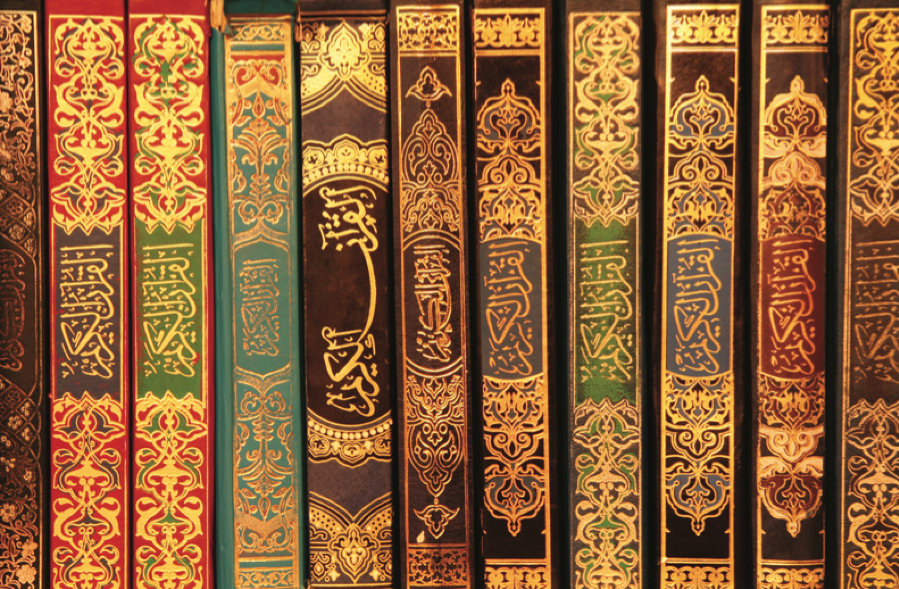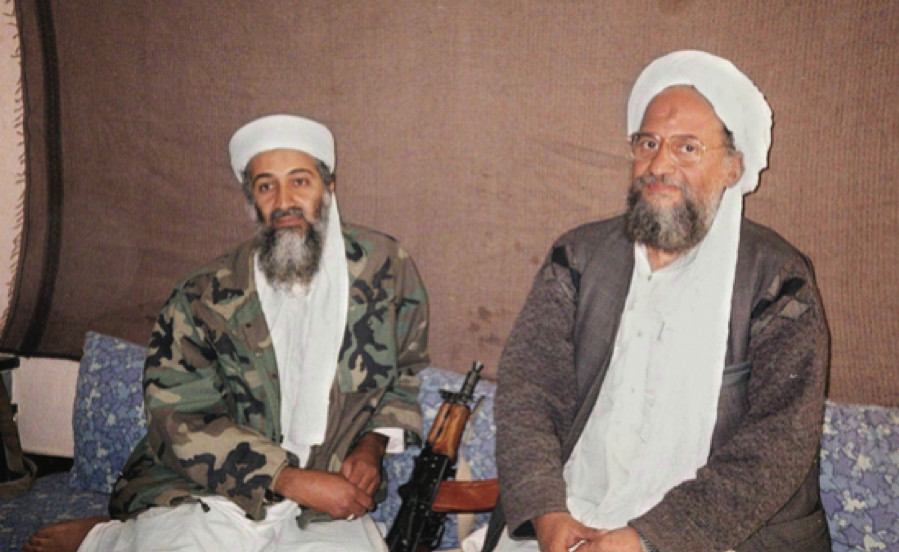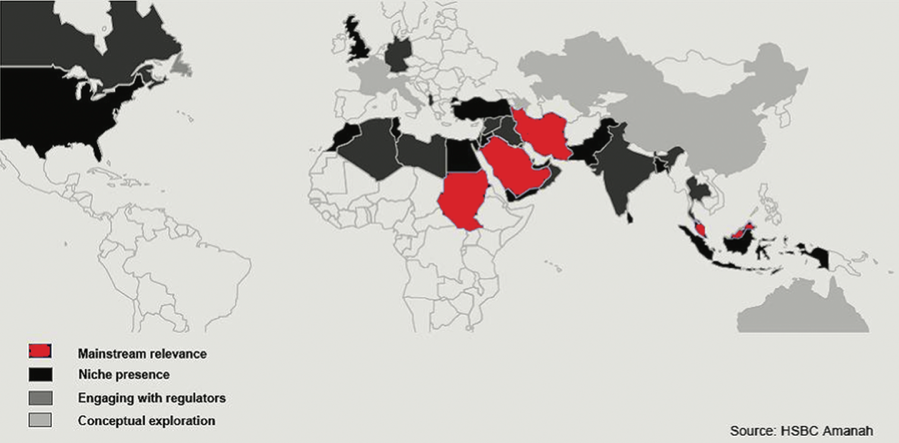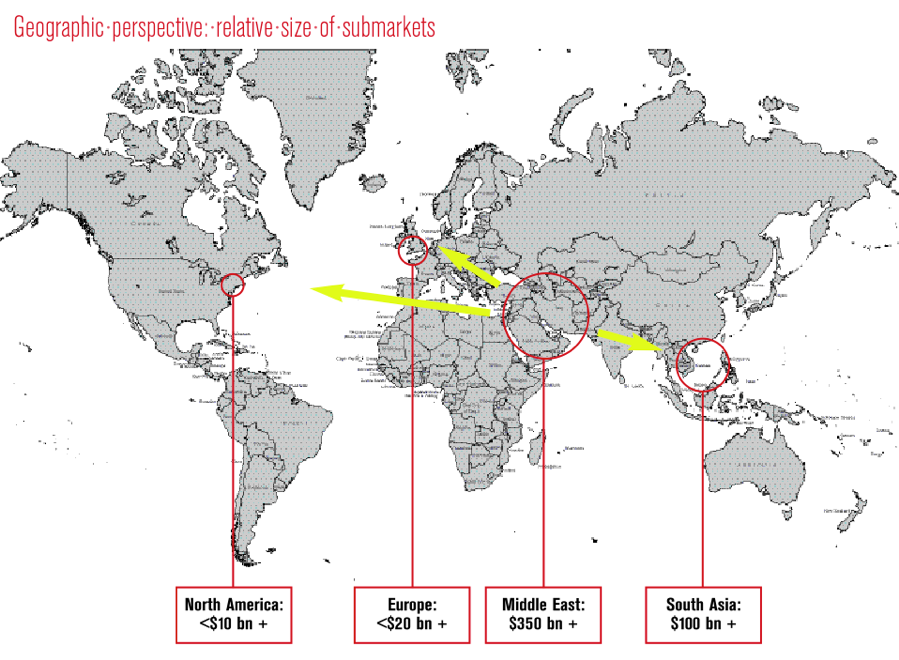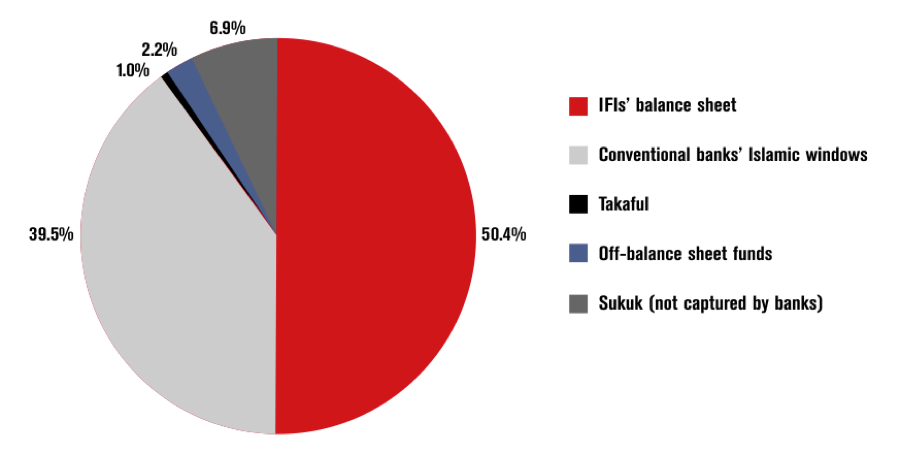Until 1956 Sudan was a British colony, and its banking system was designed in the English style. The first foreign bank branch operated in Sudan was the National Bank of Egypt in the year 1903. Barclays Bank followed in 1913, the Ottoman Bank came in 1949, and Misr Bank and Credit Lyonnais arrived in 1953. The National Bank of Egypt branch had been carrying out the duties of a central bank in the Sudan up to independence. From 1956 to 1960 the Sudan Currency Board took over the responsibilities of local currency issuance. The central Bank of Sudan was established on February 1960. During the 1962-69 period, a series of national commercial and development banks were established. In 1970 the foreign bank branches and foreign companies in Sudan were nationalized. Three years later, some foreign bank branches were allowed to operate again in Sudan such as Abu Dhabi Bank in 1976 and City Bank in 1978.
That year also witnessed the establishment of the first Islamic bank in Sudan, Faisal Islamic Bank, which had been licensed under a special act. Then a series of Islamic banks started to emerge, such as Tadamon Islamic Bank, the Sudanese Islamic Bank, the Islamic Cooperative Development Bank and Albaraka Bank. In September 1983 Islamic sharia rule was applied on all transactions and this led to the banks’ Islamization program. In 1984 the general laws of transactions were amended, especially Article 110 prohibiting all receiving or paying of interest.
The previous conventional developments in the Sudanese banking system segued into pure Islamic banking. Islamic banking as a concept was developed as a result of the religious prohibition on the payment or receipt of interest. The conventional banking system was considered by Islamic sharia scholars as a type of usury.
Sudan’s Islamic banks apply all typical Islamic financial instruments. The relationship between the Sudanese Islamic banks and the international foreign banking systems is based on normal corresponding and agency arrangements. The strongest links are with the international Islamic banks, mainly in Bahrain, Malaysia, Jordan and the Gulf. The Sudanese Islamic banks do not mix the received interests from the international conventional banks with their budget accounts, but instead donate it to social needs within the country. The Sudanese Islamic banking system is applying Islamic bank ratios as dictated by AAOIFI and Basel 1 and 2 requirements.
Dr.Isam El Zein El Mahi is the General Manager of Khartoum Stock Exchange

